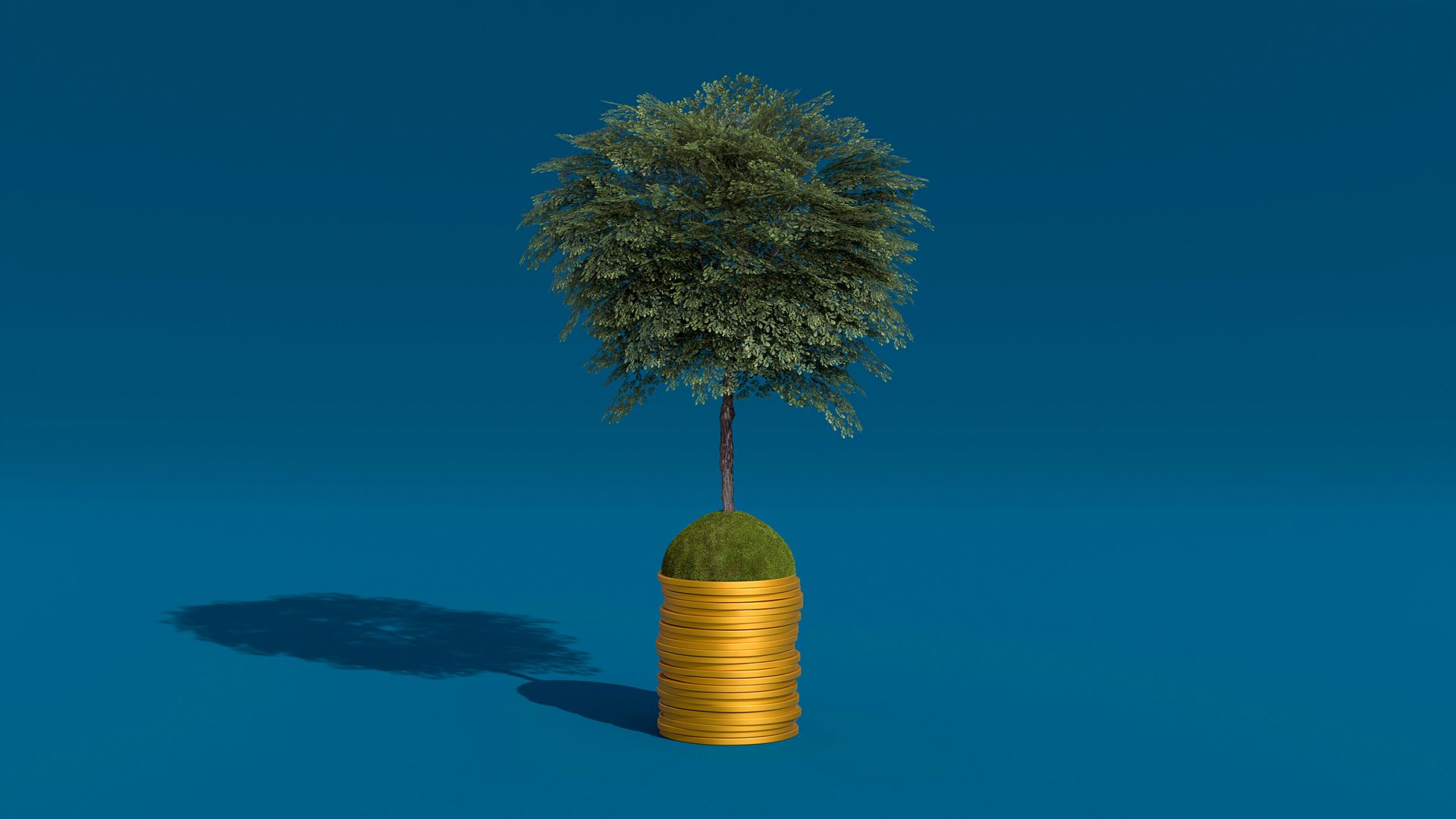Our beliefs shape us. This is particularly true in our financial decisions. If we believe spending money will make us feel better, we’ll spend it—and keep spending if. If we’re constantly anticipating financial disaster, then no amount of money will be enough to make us feel safe. We only challenge ourselves to attempt what we think we can achieve. We settle for less because we think it’s all we deserve.
So what can we do to replace negative ideas about money with positive ones? How do we “retrain” our brains to be prepared for success?
These 7 easy money habits will help you change your thoughts, beliefs, and actions will money:
1. Notice Your Choices
Gain awareness of your money habits. If you need to, ask your partner, spouse, friends: What do my money actions tell you about my approach to money? What changes do you think I should make that would improve my financial standing? People close to us whose opinions we trust can give us invaluable insight, as long as we listen.
2. Develop Proactive Money Practices
One of the best ways to start saving is
to save up money for something fun. Instead of using a credit card to instantly purchase the Peloton or new dining table, grab an envelope and stuff it every Sunday with some amount of cash. This trains our brains to delay gratification and also helps us fully appreciate the thingamajig when it does arrive. It starts to decrease the severity of our fantasy thinking: e.g., “I can instantly change my life with an Amazon purchase.” It slows us down and that's a good thing, because we're usually speeding up when money is at issue.
What’s more, if you’re able to save money for something fun, you’ll have proven to yourself that you can save. If you need to put money away for retirement, think about the fun you’ll have later on when you get to enjoy it. The important thing is to start building the money habit.
3. What’s your money mindset?
Ask yourself a question: Do I feel like I am enough? If the answer is “no,” then you’re unintentionally letting yourself fall into a scarcity mindset.
You are enough. You don’t have to have achieved your dreams to be enough. You are enough. Right now. And it’s okay to say it until you believe it.
Why not make a commitment to believing you’re enough as a new year's resolution?
What if your financial success and ease is the result? What if living as if you have enough is the express path to feeling financial freedom?
4. Challenge Your Money Beliefs
Practicing mindfulness is one of the best ways to tune into your financial beliefs. When you’re in a calm and quiet place, allow your thoughts to settle and ask yourself: Who would I be without this _____ belief? Who would I be if I just loosened the grip on this idea? Sit patiently, let go of trying to answer the question with words, and let yourself experience the qualities of your body and mind. Make this a daily or weekly practice to ask yourself either or both of these questions. Stay aware of this belief whenever you're spending, investing or negotiating. I have witnessed profound change in people who do this.
Discovering that these beliefs are limiting your success can be a game-changer. For example, if you have the belief "Money is difficult," it will color everything from how you spend, to your ability to charge fees or ask for a raise, or even invest. A friend of mine once put almost all of his money into a private investment because he thought the only way to overcome the "money is difficult" belief was to bet the farm. My advice for all of us is never (really, never!) to invest more than 5% of your money into any private equity or real estate investment, no matter how confident you feel.
5. Face Your Present, Let Go of Your Past
If you find it difficult to accept impermanence and go along with changes, remember that wisdom often comes when we start to acknowledge what we don’t know and can’t control.
If you need to forgive yourself for past financial mistakes, create a ritual with your spouse, partner, friend to acknowledge all your past money mistakes and regrets. If it feels better, you can write them down, share them with your friend and then safely burn the papers. Often, I've found that clients with millions won't be able to enjoy their money because they are still punishing themselves for an investment they shouldn't have made 20 years ago.
6. Find a Money Ally
One of the best money habits for strengthening your financial connections is to find a money ally. This could be an independent fee-only professional financial advisor or it could be a trusted (maybe not so close) friend. I say not so close because you want to pick someone who isn't biased and can give you objective feedback when you say you want to move to another city, for example. We all benefit from a sounding board. Many of us like to keep money secrets. ‘I won't tell my spouse about this risky investment until it pays off’, or ‘I can’t tell my friends about this house or boat I'm going to buy.’ We don't want to hear their feedback even though it might help us make a better decision. I didn’t have a money ally when I was in my 20's and my broker, at the time, told me that a start-up company had a sure-fire way to clean up oil spills. Maybe an ally would have said, "Sure, go ahead, but given the risk level of any start-up, limit your investment to 5% of your holdings." Today, I'm happy to admit that even though I have 35 years experience as a financial advisor, I still have a financial advisor of my own because there’s no such thing as a sure-fire start-up or investment, and it may be obvious, but we usually need someone else to remind us that when something sounds too good to be true, it is.
7. Develop Your Powers of Generosity
It may seem counter-intuitive… but often the best way to create value in yourself is to give it away to others. The more you give, the more you train your mind to see yourself as having something to give. This is a money habit that benefits everyone.
Share your money, time, resources, creativity, kindness, or anything else of value to others. Studies show that we reap more happiness and more sustained happiness from giving than from receiving. Set up a plan for the New Year: every Sunday evening do an act of service or send a friend or an organization some money.
Once you start implementing these steps, you will notice how your thoughts and reactive patterns begin to loosen. A calm confidence will begin to emerge where anything is possible!
-
If you’d like more insight into your money beliefs, why not get a free preview of my online course? Your Inner Compass: Financial Wisdom on the Road to Enough helps you unleash your money wisdom and develop tools to create your own financial destiny.
SHARE THIS POST
The road to financial freedom is easier when you share the journey. By signing up for Spencer’s newsletter, you’re joining a growing community of people who’ve found their way to “Enough.”





